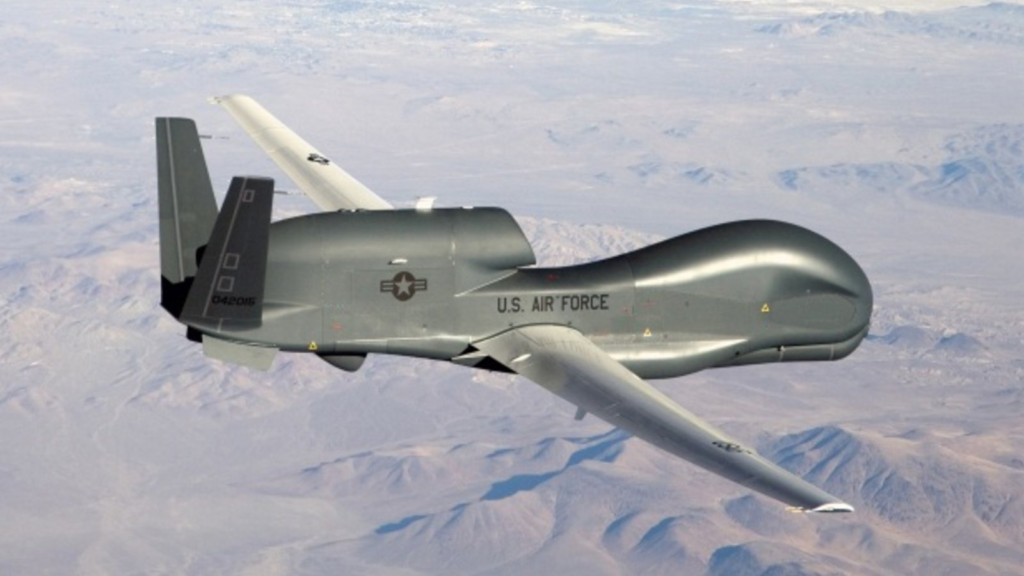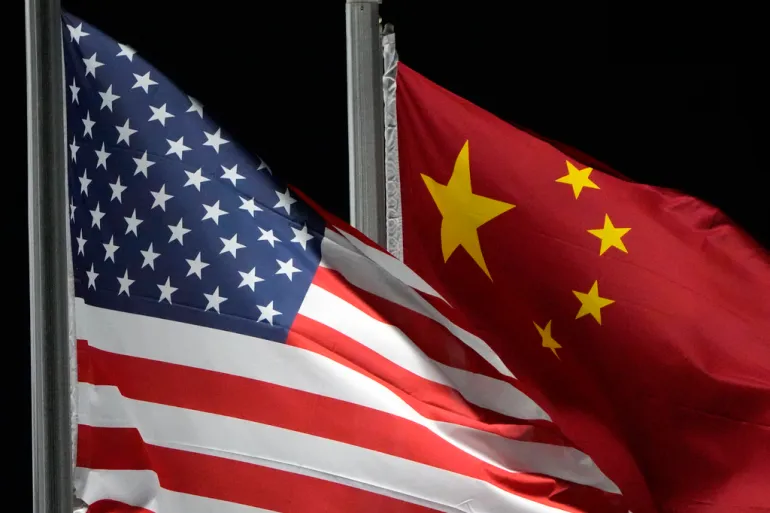The Pentagon is planning to deploy thousands of drones and other advanced military equipment within the next two years as part of the United States’ strategy to counter China’s numerical advantage in personnel and weaponry. This shift toward “autonomous systems” aims to innovate and maintain an edge against China’s modernized military. The US sees the Chinese military advancements as a threat to the traditional US operational advantages.
US Deputy Secretary of Defense Kathleen Hicks emphasized the need to innovate and adapt to the changing strategic competition with China. Unlike the slower competitors faced during the Cold War, China has rapidly developed a modern military, focusing on countering US strengths.
Hicks acknowledged that China’s main military advantage lies in its mass of ships, missiles, and personnel. In response, the US intends to counter this mass with its strengthened military force. A key part of the operations would be utilizing attritable autonomous systems on a large scale across multiple domains, within the next 18 to 24 months. The deployment of autonomous systems aims to be cost-effective and less risky for human operators.

“We must ensure the PRC leadership wakes up every day, considers the risks of aggression, and concludes, ‘today is not the day’ – and not just today, but every day, between now and 2027, now and 2035, now and 2049, and beyond,” she added.
Countering China’s Influence and Actions
The Pentagon’s recognition of China as a “pacing challenge” and its determination to enhance deterrence against Beijing highlights the urgency in strengthening the US position against China’s increasing influence. The National Defense Strategy and the National Security Strategy have both characterized China as a major strategic competitor with the intent and capabilities to reshape the international order.
One of the key concerns for the US is China’s actions in the Indo-Pacific region, including its claims in the South China Sea and its aspirations to reunite Taiwan with mainland China, potentially using force. These developments have driven the US to adopt innovative strategies, including the deployment of advanced autonomous systems, to maintain its strategic advantage.


